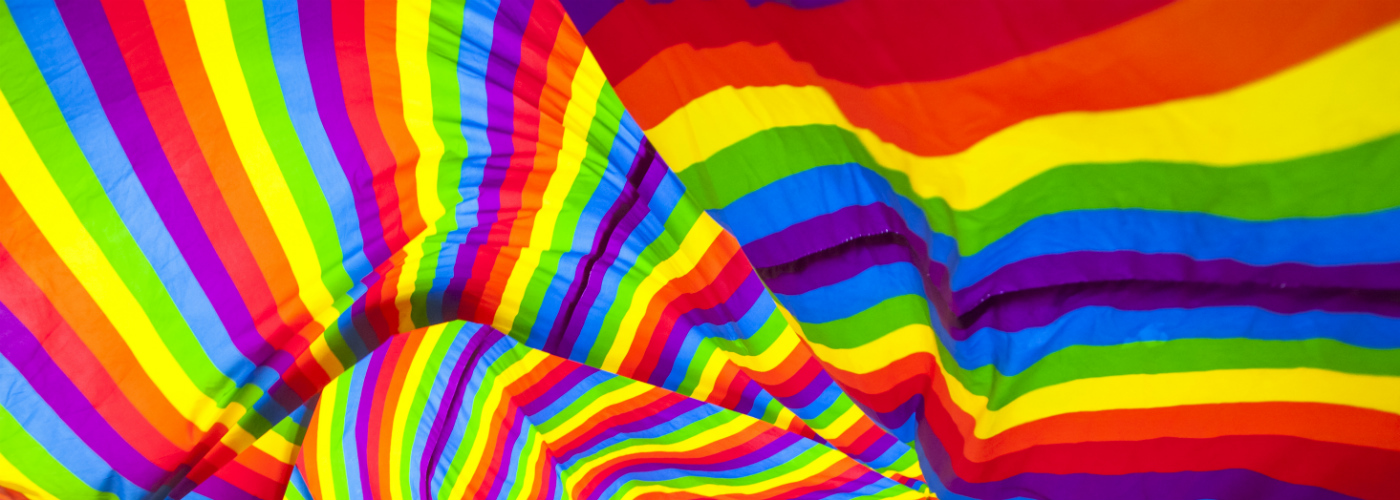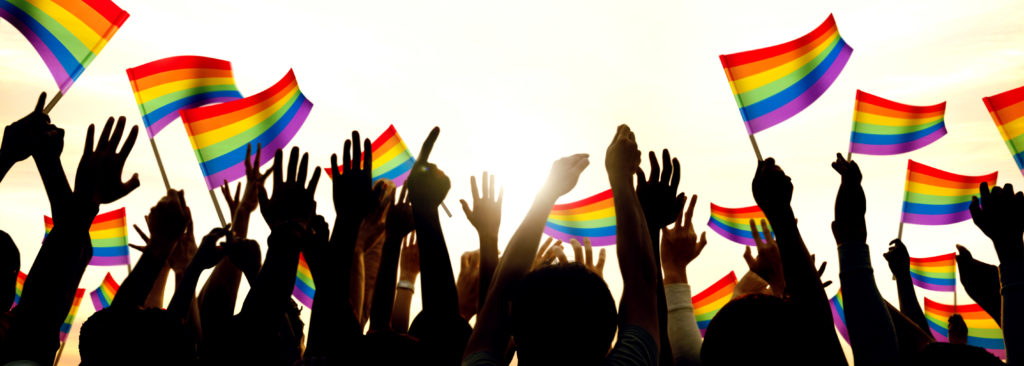In a victory for the LGBT+ community in Botswana, the Gaborone High Court ruled on June 11, 2019, that the sections of Botswana’s Penal Code (Sec.164, 165 & 167) criminalizing same-sex sexual conduct are unconstitutional. The Botswana Penal Code, based on old English colonial law, describes homosexual acts as unnatural “acts against the order of nature”, punishable by up to seven years in prison.
In a unanimous decision, Justices A.B. Tafa, M. Leburu and J. Dube found that sections 164, 165 and 167 of the Botswana Penal Code violated the constitutional rights of lesbian, gay and transgender persons to dignity, liberty, privacy and equality.
In delivering the judgement, Judge Michael Leburu said that it is “not in the public interest” to criminalize same-sex sexual conduct. The court further stated that homosexuality was not unAfrican and “sexual orientation is innate to human beings and is not a fashion statement.” In rebutting the rhetoric that same-sex conduct was a Western import and “unAfrican”, the court stated that “homosexuality … is one other way Africans identify, but has been repressed for many years.”
The LGBT+ community in Botswana has been fighting for the repeal of Penal Code Section 164 since the Kanane case in 1998 (Kanane v. The State 2003 (2) BLR 67 (CA). At that time the Court of Appeal ruled against decriminalization saying that Botswanan society was not ready for decriminalization of same-sex relations. After 20 years of perseverance, the community has finally won its case, and this judgment will resonate with many in Africa. Especially following the disappointment of Kenya’s High Court upholding the very same colonial laws that criminalize same-sex relations in its own penal code.
“We made new history”
“Today we made new history, this is the story of our generation. I am a proud #ReBatswana #Repeal164”, tweeted Monica Tabengwa, program manager of a Hivos-led program that promotes LGBT+ inclusion and equality in five African cities. For many years, she worked with Lesbians, Gays and Bisexuals of Botswana (LEGABIBO), as their mentor and legal representative. Her dream was to one day see the decriminalization of same-sex conduct, and eventually see LGBT+ being recognized and included equally in all aspects of life.
It was all so worth it, all those years since Kanane case(1998), building the movement, the support, coming out, the sacrifice, we persevered, @legabiboadvo grew in leaps & bounds. Today we made new history, the story of our generation. I am a proud????#ReBatswana! Thank you!? pic.twitter.com/XN44N7DfHr
— Monica Tabengwa (@tabengm) June 11, 2019
Before the judgment, members of the LGBT+ community in Botswana had built a vibrant movement with human rights defenders, and collaborated with allies and friends, resulting in a number of court victories. In November 2014, LEGABIBO won a landmark freedom of association case in the Botswana’s High Court, allowing it to be officially registered (The Attorney General of Botswana v. Thuto Rammoge & others). And in December 2017, a famous High Court ruling (ND v. Attorney General) led Botswana to recognize for the first time the right of a transgender woman to determine her legal identity.
As mentioned, the judgement in Botswana comes on the heels of a very different judgement in Kenya, where the colonial-era laws against homosexuality were upheld. But it is the hope of all Africa that today’s ruling will pave the way for the repeal of similar legislation in other African countries.
The list of African countries that inherited versions of this colonial-era law is long. While in most countries the laws remain unenforced, the impact on the lives of LGBT+ persons is a concern in many, including Botswana, Gambia, Ghana, Kenya, Malawi, Mauritius, Nigeria, Seychelles, Sierra Leone, Somalia, Swaziland, Sudan, Tanzania, Uganda, Zambia and Zimbabwe.
Hivos
Hivos believes that an ideal world guarantees freedom, diversity and equal opportunities for all. This is a world with room for diverse voices to be heard, respected and influence decisions that affect their lives. The recognition of equality gives space for everyone – regardless of their sexual orientation and gender identity – to freely be themselves and participate in society. That is why we work with allies in several countries to spearhead strategic litigation and create awareness around sexual orientation, gender identity and expression.


